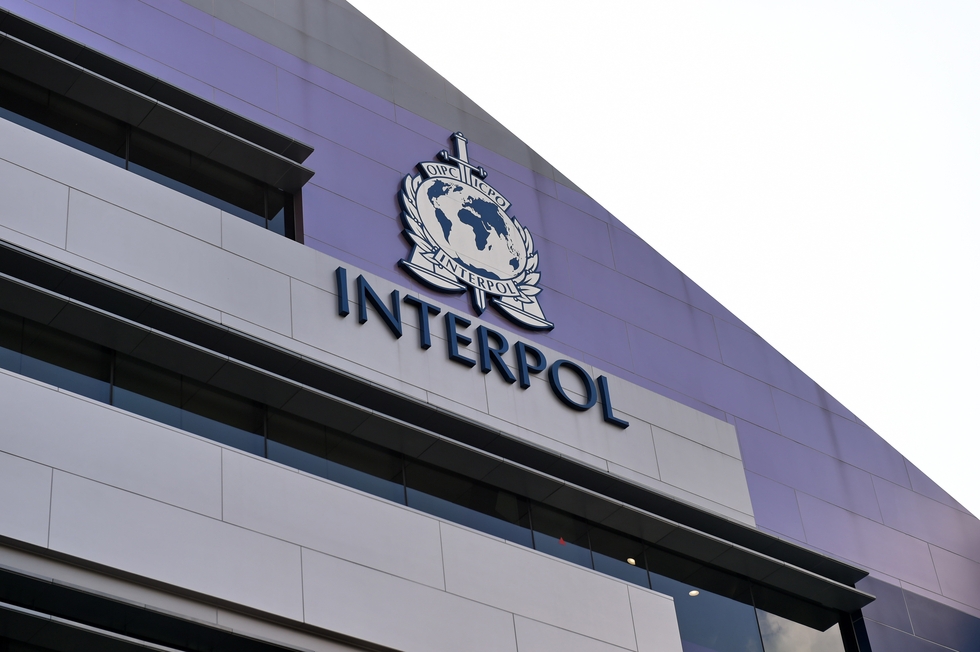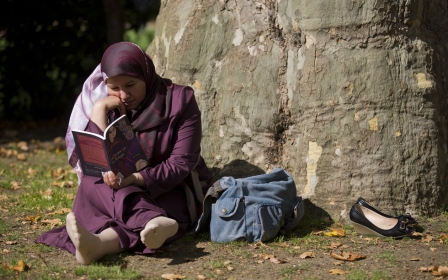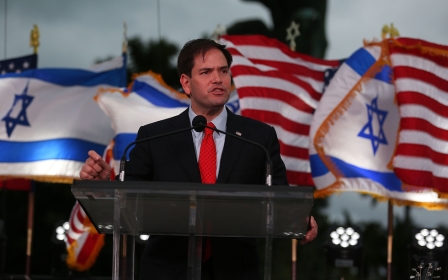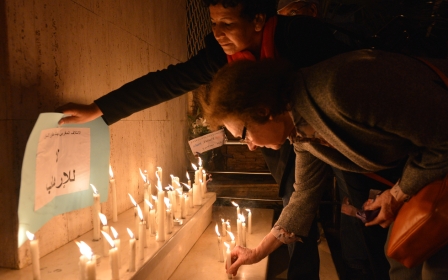Interpol on the frontlines against terrorism?

From 18-20 November, the Spanish city of Seville hosted the sixth Interpol Counter-Terrorism Working Group Meeting on Foreign Terrorist Fighters. Interpol is the world’s largest international police organisation.
According to the Interpol website, the encounter was meant to enable participants from approximately 40 countries “to exchange best practice on how to address and neutralise the threat posed by ISIS and other terrorist groups using expertise gained in the wider conflict zone as a platform to train and plan attacks against Western and other targets”.
Of particular concern are terrorists who, having departed from Europe itself to join the fight, later bring their expertise back home.
An article about the meeting in Spain’s El Pais newspaper reports Interpol’s calculation that, of an estimated 25,000 international fighters, less than one-fourth have been identified - the majority of them in Syria, Iraq and Afghanistan. Hence the apparent need for ever-tighter collaboration and information-sharing between countries fighting on behalf of “civilisation,” as Spanish Interior Minister Jorge Fernandez Diaz characterised the showdown at his inaugural address in Seville.
Interpol Secretary General Jurgen Stock stressed in his own speech that “information is key to the police battle”. Two days later, it seemed a key battle had already been won on that front; an Interpol news brief announced that Stock had “welcomed the decision by European Union ministers for all EU external border control points to be connected to Interpol’s global databases and for automatic screening of travel documents to be introduced by March 2016”.
In other words, welcome to the age of Even Bigger Brother - and even smaller spaces in which human rights and civil liberties may be asserted.
Of the countries represented at the gathering in Seville, the El Pais article chose to list China, Azerbaijan and the Philippines - all of which have incidentally been associated with fairly hefty rights abuses.
But one need not stray too far from Seville itself to see how the evolving security discourse is in fact heightening insecurity for many people.
Let’s look at some additional musings from Seville by Diaz on the subject of the anti-terror campaign, quoted here by the Spanish news agency EFE: “More security guarantees more liberty … without security, ‘liberty’ is a beautiful word that is empty of meaning.” This from a man whose deep appreciation for beauty has made him the guardian angel of Spain’s new Citizens’ Security Law, a draconian bit of legislation that - among various other affronts to civilisation and decency - prescribes fines of up to 600,000 euros for unauthorised public demonstrations.
As I’ve pointed out before, this is a handy measure in the aftermath of the devastating financial crisis in Spain, which has been characterised by punitive austerity measures, wanton home evictions and numerous other reasons to protest. The state’s unabashedly neurotic crackdown on perceived potential threats to the public order means, for example, that a woman was fined 800 euros for posting to Facebook a photograph of a police vehicle parked in a disabled spot. No liberty without security!
Diaz took advantage of the Interpol meeting to warn of new legal reforms in Spain - “as many as are necessary” - to cope with the terrorist threat. As we speak, enhanced security measures in the country are already creating more work for law enforcement agencies: this year alone, 36 separate anti-terrorist operations have resulted in 90 arrests - twice as many as in 2014.
Interpol’s official vision, as stated on its website, is: “Connecting police for a safer world.”
But there are plenty of folks who would presumably harbour other views on just how objectively safe a world founded on police interconnectedness might be. Indeed, were they not already dead, we could seek the opinion of any one of the black Americans recently murdered by US police officers.
Among those merely injured by international forces of law and order, we might approach refugees who have been beaten back from the Spanish border. For an idea of the security environment in Melilla, a Spanish city located on African territory and sharing a border with Morocco, consider this excerpt from a July article in the Columbia Journalism Review.
“As eight members of the Guardia Civil, Spain’s military police, stand charged with beating a young Cameroonian man and illegally returning him, unconscious, through the gate to Morocco late last year, Melilla’s police are cracking down on the journalists who cover the border, with threats, harassment, fines and arrests.”
For countries that, like Spain, already possess strong xenophobic traditions, the recent terror attacks in Paris will only serve as an excuse to solidify them - to the inevitable glee of the European far right in particular.
Occurring on the heels of the Paris massacre, the Interpol meeting in Seville sought to promote the image of a united front against terrorism: Us versus Them. No matter the role that many of Us played in creating Them in the first place, or the exacerbating effects of racist and exclusionary policies.
And while the battle may be tough, we mustn’t forget who’s on Our side: last year, Diaz awarded Spain’s top policing medal to a statue of the Virgin Mary.
- Belen Fernandez is the author of The Imperial Messenger: Thomas Friedman at Work, published by Verso. She is a contributing editor at Jacobin magazine.
The views expressed in this article belong to the author and do not necessarily reflect the editorial policy of Middle East Eye.
Photo: A logo at the Interpol Global Complex for Innovation building is seen during the inauguration opening ceremony in Singapore on 13 April, 2015 (AFP).
New MEE newsletter: Jerusalem Dispatch
Sign up to get the latest insights and analysis on Israel-Palestine, alongside Turkey Unpacked and other MEE newsletters
Middle East Eye delivers independent and unrivalled coverage and analysis of the Middle East, North Africa and beyond. To learn more about republishing this content and the associated fees, please fill out this form. More about MEE can be found here.





